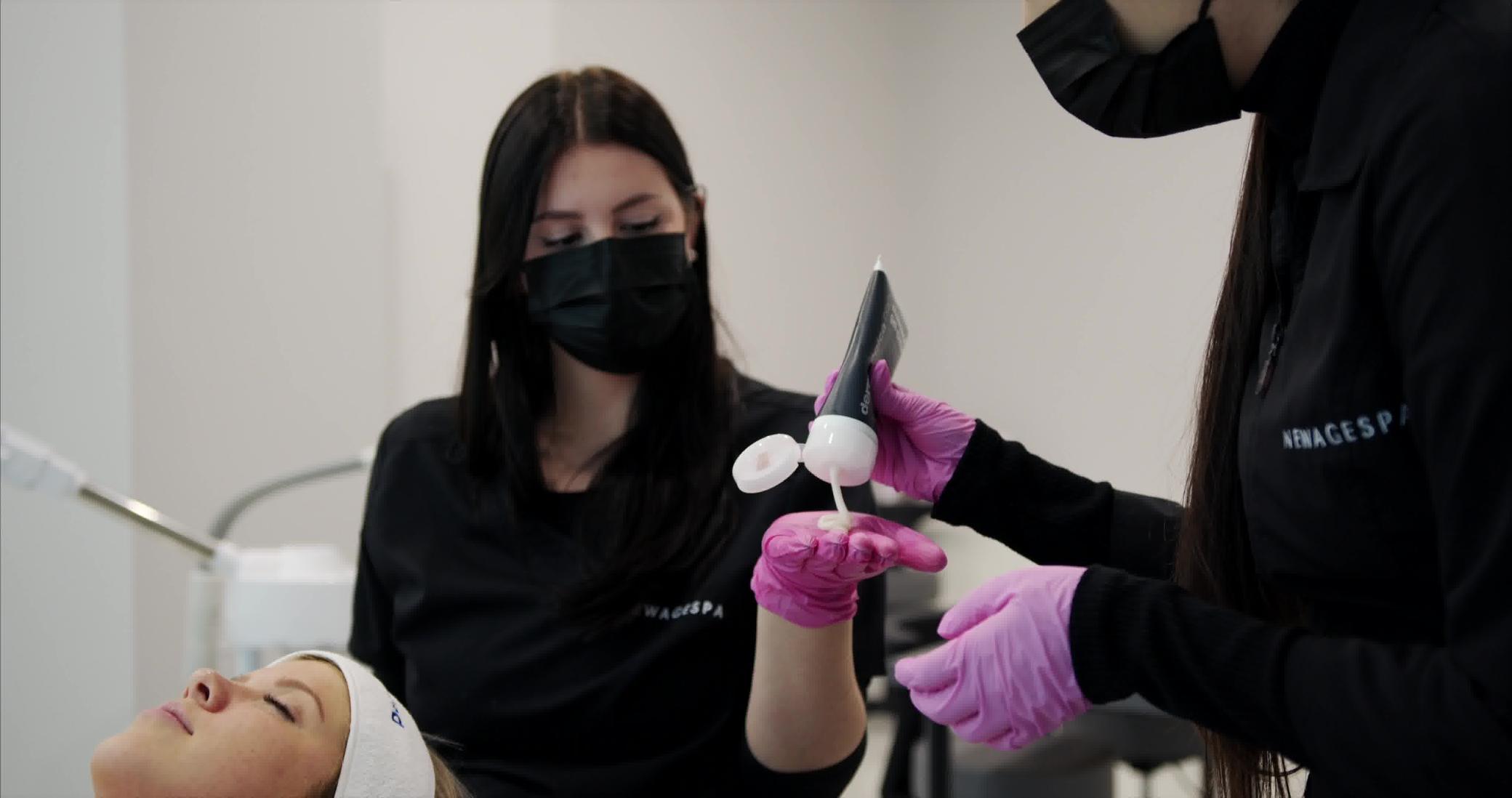Ultimate Guide to Becoming an Esthetician: Your Path to a Rewarding Career
Find Your Passion in the Beauty Industry with Professional Training in Montreal and Laval
Becoming an esthetician is not just about embarking on a career; it’s about embracing a calling to enhance beauty and confidence in others. This rewarding profession offers not only job security and a competitive salary but also a chance to achieve a satisfying work-life balance. Here’s everything you need to know about starting your journey in the beauty industry.
Why Pursue a Career as an Aesthetician?
Job Security and Long-term Success
The beauty industry has proven resilient against the challenges of changing job landscapes. Unlike many professions that have moved online or become automated, esthetician services like facials, laser hair removal treatments, and skin care consultations offer a personal touch that technology cannot replace. This exclusivity ensures stable revenue, job security, and a promising career path.
Fulfillment and Enjoyment
A career in beauty opens doors to various sectors, from working in salons and cosmetic companies to launching your beauty empire. Passion for health and beauty drives success, transforming work into a pleasurable and fulfilling hobby. The personal connection with clients and the joy of making a difference in their lives make every day rewarding.

Steps to Become an Esthetician
Education and Real-life Experience
The first step is enrolling in an accredited esthetics and skincare course. Look for a program that covers safety, infection control, procedure applications, and offers hands-on experience with live models. Additionally, the curriculum should include business skills like finance, marketing, and business development to prepare you for independence in your career.
Choosing the Right School: Private vs. Public
Both public and private schools offer esthetics programs, but they differ in structure, content, and flexibility. Private beauty schools often provide accelerated or flexible schedules and might cover additional topics not found in public school curriculums. Choose a school that best fits your learning style, schedule, and career aspirations.
Insurance and Permits
After completing your education, you’ll receive a certificate or diploma, essential for obtaining liability insurance and work permits. Ensure your chosen school offers an accredited certification recognized by insurance companies and regulatory bodies, allowing you to work legally and professionally.
Understanding Taxes and Liabilities
Whether you opt for employment or venture into running your own business, understanding your financial and legal responsibilities is crucial. Familiarize yourself with tax management, employee compensation, and industry-specific regulations to ensure your practice operates smoothly and legally.
Launching Your Career
With the right education and credentials, the beauty industry offers a world of opportunities. Whether you dream of touching lives in a salon, consulting for top cosmetic brands, or establishing your beauty clinics, the path to becoming an esthetician is filled with potential for growth, creativity, and personal satisfaction.
Ready to Start Your Journey?
Embark on a fulfilling career that brings beauty and confidence to others. Our professional training programs in Montreal and Laval are designed to equip you with the skills, knowledge, and certification needed to succeed as an esthetician. Contact us to request an appointment and take the first step towards a rewarding career in the beauty industry.